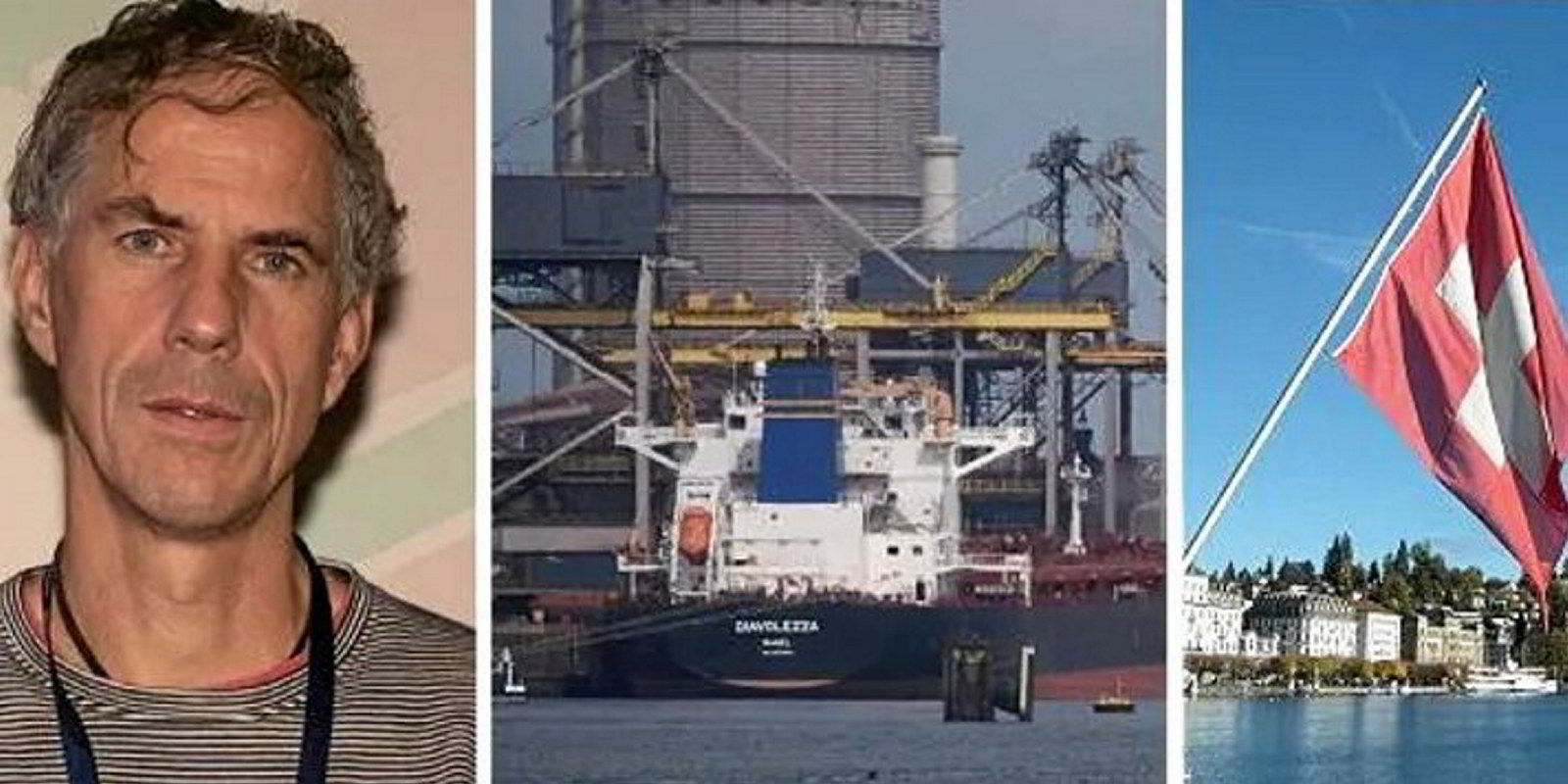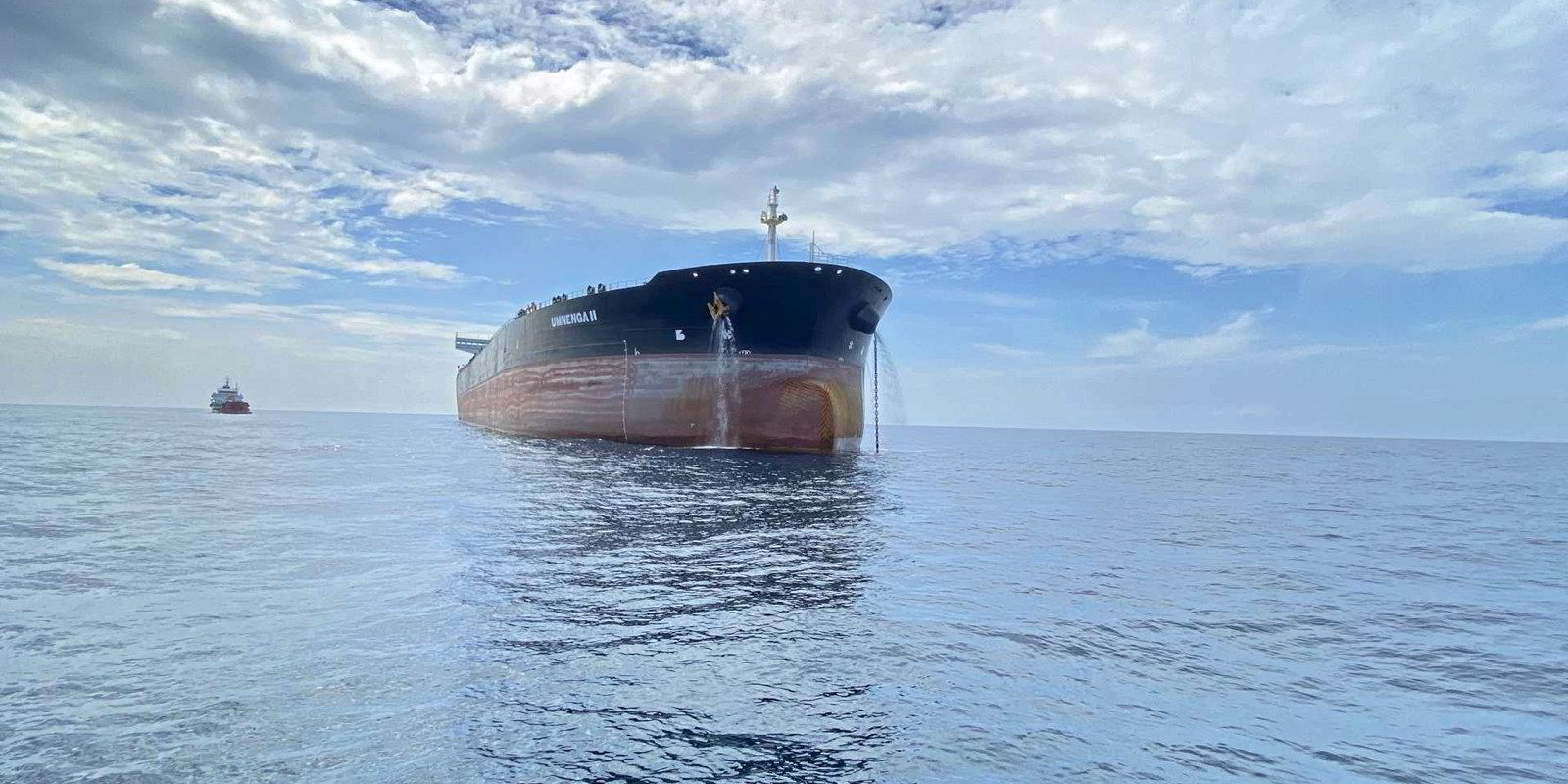Swiss shipowners and union Nautilus International are fighting to rescue the shrinking national register of vessels.
In a joint statement, the Swiss Shipowners’ Association (SSA) and the union said they have rejected the government’s proposed draft framework for shipping.
They say this misses an opportunity to ensure ships register under the flag.
“It is well known that the number of ocean-going vessels flying the Swiss flag has been dwindling for years,” the statement reads.
“At present, only 14 ships are still part of the Swiss fleet. After the expiry of the respective guarantee granted by the confederation for each ship under the now-abolished guarantee system, these 14 ships will also leave Switzerland in the next two to five years. This will seal the end of the Swiss flag.”
The SSA said the flag offers good working conditions thanks to a binding social partnership, and there is a high level of protection against specific dangers at sea such as accidents, piracy and criminalisation.
But it acknowledged the register has not been attractive for shipping companies for a long time, with owners “flag shopping”: switching to offshore registers or those with tonnage tax systems.
“This is of course very regrettable and should be stopped by a global joint effort,” the two organisations said.
They see the Organisation for Economic Co-operation and Development (OECD)’s agreement on a minimum tax of 15% on corporate profits as a missed opportunity, as shipping was exempted.
The organisations urged the introduction of a tonnage tax for Switzerland.
This is being planned by the government.
“However, since in the meantime it is not imposing any obligation on shipping companies under the Swiss flag if they take advantage of this, we reject the current draft,” the statement said.
Trading links questioned
And the SSA and Nautilus want to ensure that the commodity trading industry, which is closely linked to shipping, is not able to account for its huge profits as “ship transports”.
“This danger is very real, as Switzerland is traditionally home to many large commodity traders such as Glencore or Trafigura, some of which currently contribute up to 20% of tax revenues in cantons such as Ticino, Zug, Vaud or Geneva,” the statement said.
“If these companies were to pay tax on their profits from commodities trading, including stock exchange profits, at a tonnage tax rate of 3%, for example, instead of the cantonal tax rates such as 10% or the 15% OECD minimum tax, this would lead to tax losses in the billions for the public sector.”





